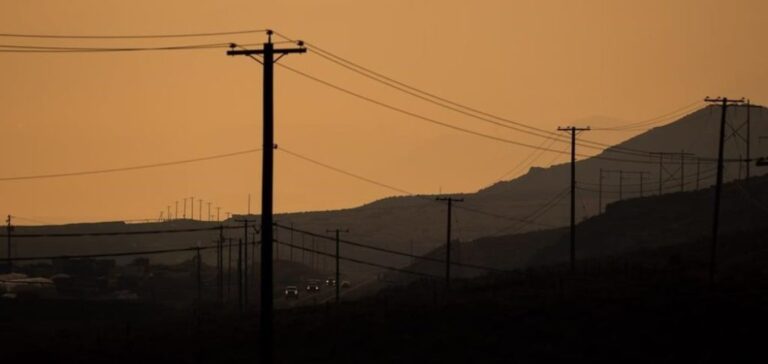Prolonged drought, exacerbated by El Niño, forced Colombia to suspend electricity exports to Ecuador. Andrés Camacho, Colombia’s Minister of Mines and Energy, confirmed the complete halt to exports, prioritizing domestic demand due to low hydroelectric reservoir levels. Thermal power plants are operated at full capacity, supplemented by renewable energy sources to meet the needs of the Colombian population.
Emergency strategies and immediate impact
In response to the decline in water reserves to just 29.8% of capacity, according to national electricity operator XM, the authorities have implemented emergency strategies, including the maximum exploitation of thermal power plants and a pivot towards renewable energies. However, these measures may not be enough if the drought persists, foreshadowing possible nationwide electricity rationing.
Impact in Ecuador
Ecuador has not been spared this energy crisis. Ecuador’s Ministry of Energy and Mines was forced to introduce temporary electricity rationing, particularly in Quito, where cuts have already been made. The local energy company attributes these interruptions to emergency maintenance, but the reality of the energy deficit is clear.
Additional measures and future expectations
Colombia is also considering water rationing in Bogotá, where scheduled cut-offs have not generated the expected water savings. Mr. Camacho remains optimistic that the rains will arrive soon, which could ease the current crisis. Weather forecasts are therefore closely monitored by the authorities.
The stoppage of electricity exports from Colombia to Ecuador reflects the challenges of managing hydroelectric resources in times of drought. This situation highlights the need for countries in the region to assess and strengthen their capacity to manage future energy crises.





















